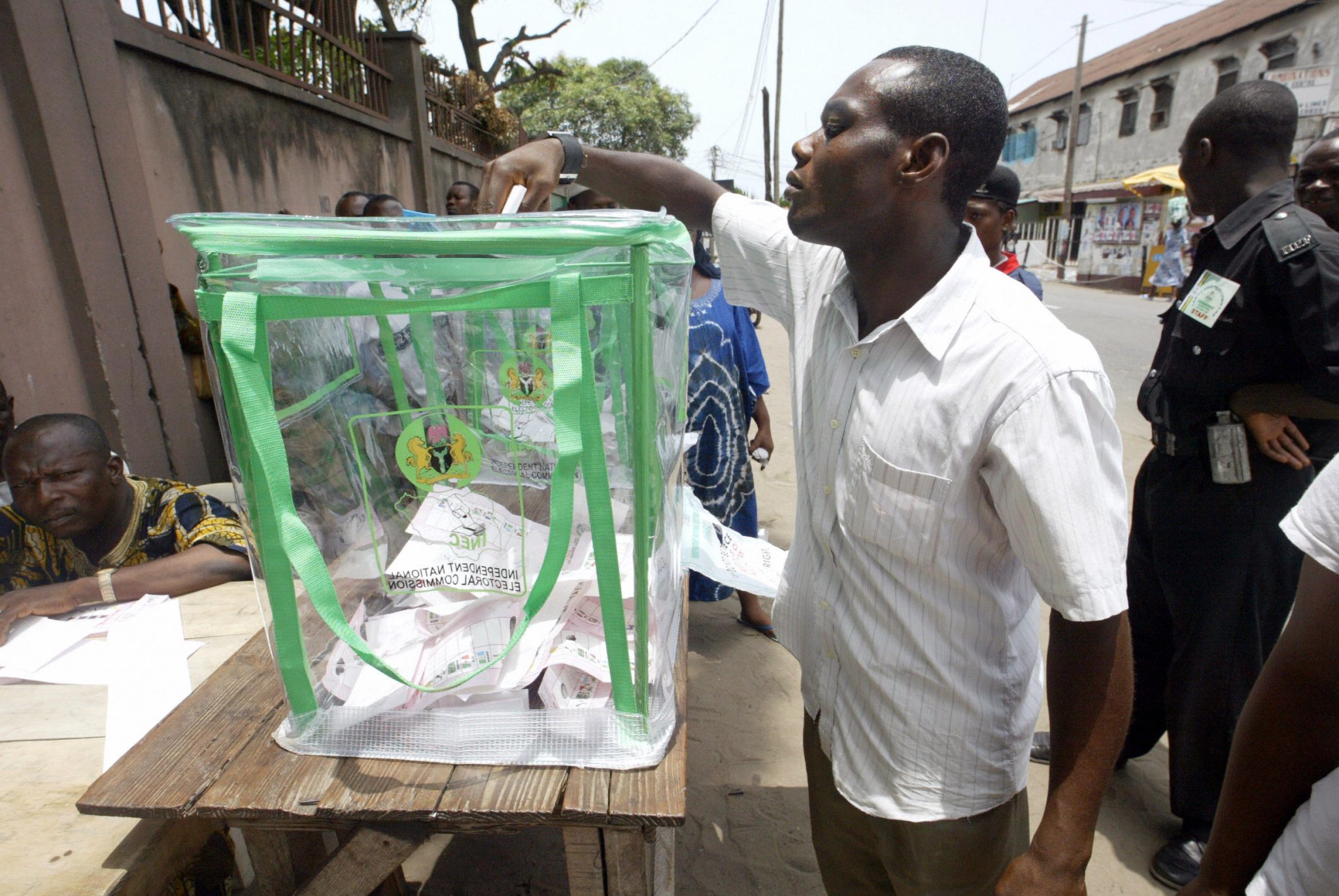By Ehi Braimah
It is Saturday morning (May 23, 2020) and I have just finished using Zoom, the hottest app in town, to participate in a training session facilitated by Olumide Ajomale; a coach, mentor, management consultant and fellow parishioner of Archbishop Vining Memorial Church Cathedral (AVMCC), GRA, Ikeja, Lagos. The training which focused on how you can creatively transform your business through innovation was held under the auspices of the Economic Empowerment Programme (EEP) of the church.
The world is changing and we must also adapt to changes taking place – new ways of doing businesses and engagement are emerging including the use of Zoom application for video conferencing and teleconferencing. “Creativity is thinking up new things; innovation is doing new things,” asserted Theodore Levitt (1925 – 2006). Levitt was an American economist and professor at Harvard Business School whom Olumide cited during his presentation to fire up the imagination of participants and get their creative juices flowing. If we paraphrase Levitt, innovation is the implementation of a creative idea – it could be improvement on an existing idea or the development of a brand new idea.
When COVID-19 pandemic upended the world on a scale never seen in over 100 years, most businesses have been pivoting in new directions in search of new opportunities enabled by technology. Necessity, we’re told, is the mother of all inventions. As a technology platform for virtual meetings, Zoom gained critical mass due to the global lockdown. Available statistics indicate that Zoom has added 2.2 million new users so far this year – less than five months –whereas in 2019, it added 1.19 million new users to its data base. The lockdown and compulsory isolation forced organisations to work with their clients and employees online through video conferencing and teleconferencing – everyone was working from home. It turned out to be a golden opportunity and great fortune for the founder and shareholders of Zoom. I cannot recall how many times I have used the Zoom app for different meetings since the coronavirus lockdown began but the good thing about our virtual world is that everyone – young and old – are becoming more techie. There are free online courses in digital marketing as we begin to learn new skills for a brand new world. WhatsApp and FaceTime video calls have also become popular and they are free; all you need is internet access through wi-fi or by purchasing a data bundle. Sending emails has replaced most of the work at the post office – is there anyone today without an email account?
Suddenly, in the video conferencing category, Zoom is now clearly the leader and number one brand in the mind, overtaking Skype, Cisco Webex, FaceTime, Houseparty and Microsoft Teams. With the incredible surge in popularity, Zoom now records over 300 million users daily around the world compared to 10 million daily users pre-lockdown scenario. With a market cap of $48.8 billion as at May 2020 compared to a valuation of $46.2 billion of the world’s top airlines by revenue including Southwest Airlines, Delta, United, IAG, Lufthansa, American and Air France, Zoom – which went public in April 2019 — has changed the face of business meetings and global communications/engagements through video conferencing. Zoom is now one of the most downloaded apps on Google Play and App Store.
Zoom is actually popular because of the free package embedded in the application, and it is easy to use but competitors are making moves to catch up. Google recently opened up their meeting platform for free which will make the number search engine brand in the world a major contender in the same category. Cisco Webex, another strong contender in the category, develops and sells web and video conferencing applications, and it is based in Milpitas, California, USA. Most of the leading tech brands are owned by American companies, making the United States the home of innovative technologies in the world.
But there’s more to the use of video calling apps than doing business meetings: we have religious and social events, remote learning, family connections, and so on. When Bashorun Dele Momodu, the publisher of Ovation International, turned 60 recently, a “Zoom Party” was organised for him: family, friends and well-wishers — both at home and abroad — marked the birthday live with prayers, music and entertainment by using the Zoom app. The world is now truly a global village!
In order to understand the Zoom app better, I scoured the internet and posed questions to my communications and ICT friends. “Zoom meetings are cloud based video conferencing applications used primarily by businesses to host meetings,” stated Toju Ogbe, a global PR strategist, based in the UK. “If anything, Zoom is a case of chance; it rode the wave of the global lockdown and led a trend that some might call ‘revolutionary’, but that assertion is debatable. Zoom offers free video conferencing with limited capabilities and COVID-19 made demand for their platform to sky rocket,” Ogbe explained. Expressing his opinion further, Ogbe noted that Skype is the biggest loser because they were way ahead and should have done what Zoom is doing today. “From my personal experience, Zoom works very well and it is easy to use. However, there are issues about its security, and in the enterprise space, Cisco Webex and Microsoft Teams may be more credible,” Ogbe concluded.
In his own contribution, Adeyinka Adeosun, an ICT expert and graduate of computer science with economics from Obafemi Awolowo University, Ile-Ife, said Chams, a Nigerian company, pioneered video conferencing, teleconferencing and computer maintenance way back in 1992 in the country. “I was doing my industrial training at Chams at the time. The company also pioneered smart card technology, electronic purse, value card which is now today’s ATM card, PVC card and computer networking. Mr Demola Aladekomo, founder of Chams, introduced BVN to Nigerian banks,” recalls Adeosun. “Zoom meetings are quite popular in Nigeria just like Yahoo and Gmail accounts. Before now, we used Skype video calls more but that has changed with the advent of Zoom application. I have hosted many meetings using Zoom and participate in others including my Rotary Club’s weekly meetings,” Adeosun added.
The security challenge Ogbe highlighted is a major drawback for Zoom in spite of its wide acceptance. The popularity notwithstanding, users are concerned about the vulnerability of the app and expert opinion suggests that Zoom must find ways of prioritizing user privacy and security over ease of use. It is essential users keep the apps of their desk tops and mobile devices up to date. However, from the security perspective, using Zoom on mobile devices such as iPad and Android phones may actually be a preferred option because they are constantly reviewed in the app store.
Writing about the benefits and downsides of video calls in The Guardian, the British tabloid, Ammar Kalia said, “Video calls have become part of daily life since the pandemic hit, helping the locked down, especially elderly and disabled people, keep in touch and become more sociable; but there are downsides.” When psychologist Dr Doreen Dodgen-Magee spoke to Kalia, she said video calling is an essential but contentious part of our lives. “As social animals, we fail to thrive when we can’t have meaningful connections with others, so video calling is really important at that moment for helping us feel part of a community,” Dodgen-Magee observed.
Continuing, the psychologist said: “Speaking over the video has its flaws; it is such a static way of connecting with people. We’re used to a full sensory experience, which is lost when we’re limited to a small square of someone’s face with audio delays. We also see our own faces, so there’s a constant sense of internal judgement on how we look and the distraction of where we should be looking.”
Zoom Video Communications was founded in 2011 by Eric Yuan, a former Cisco Webex engineer. The company, based in San Jose, California, USA, provides video telephony and online chat services through cloud based peer-to-peer software platform and it is used for teleconferencing, telecommuting, distance learning and social interactions.
Zoom was launched as software in 2013 – as recent as seven years ago. As a web based video conferencing application, Zoom can be used on desk top computers and mobile devices. Users can meet online with or without video and you can choose to record the sessions. You can hide your face without turning off your camera. Others can see you but you won’t be staring at yourself which takes care of the concern raised by psychologist Dodgen-Magee.
The basic version of Zoom is free of charge for two users with unlimited time. However, the free version for up to 100 users will allow the meeting to last for only 40 minutes. The paid version starts from $14.99 (about N6,000) per month for each meeting host which can take up to 100 users, and a single meeting can last up to 24 hours; only the paid versions can be recorded. The meeting host is allowed to create personal meeting IDs for recurring Zoom meetings which can be recorded in the cloud or on users’ devices.
FaceTime is a also a popular video calling app like Zoom but it is only enabled on Apple iOS device and Mac. However, Zoom works on nearly all the operating systems and the company has plans to allow for up to 1,000 participants to video chat together at the same time. This incremental innovation is expected because, with the upcoming challenge from strong competitors, especially Google, Zoom must raise its game and remain the dominant brand in the video conferencing/teleconferencing category.
*Braimah is a public relations consultant and marketing strategist based in Lagos (ehi.braimah@brandimpact.ng)




